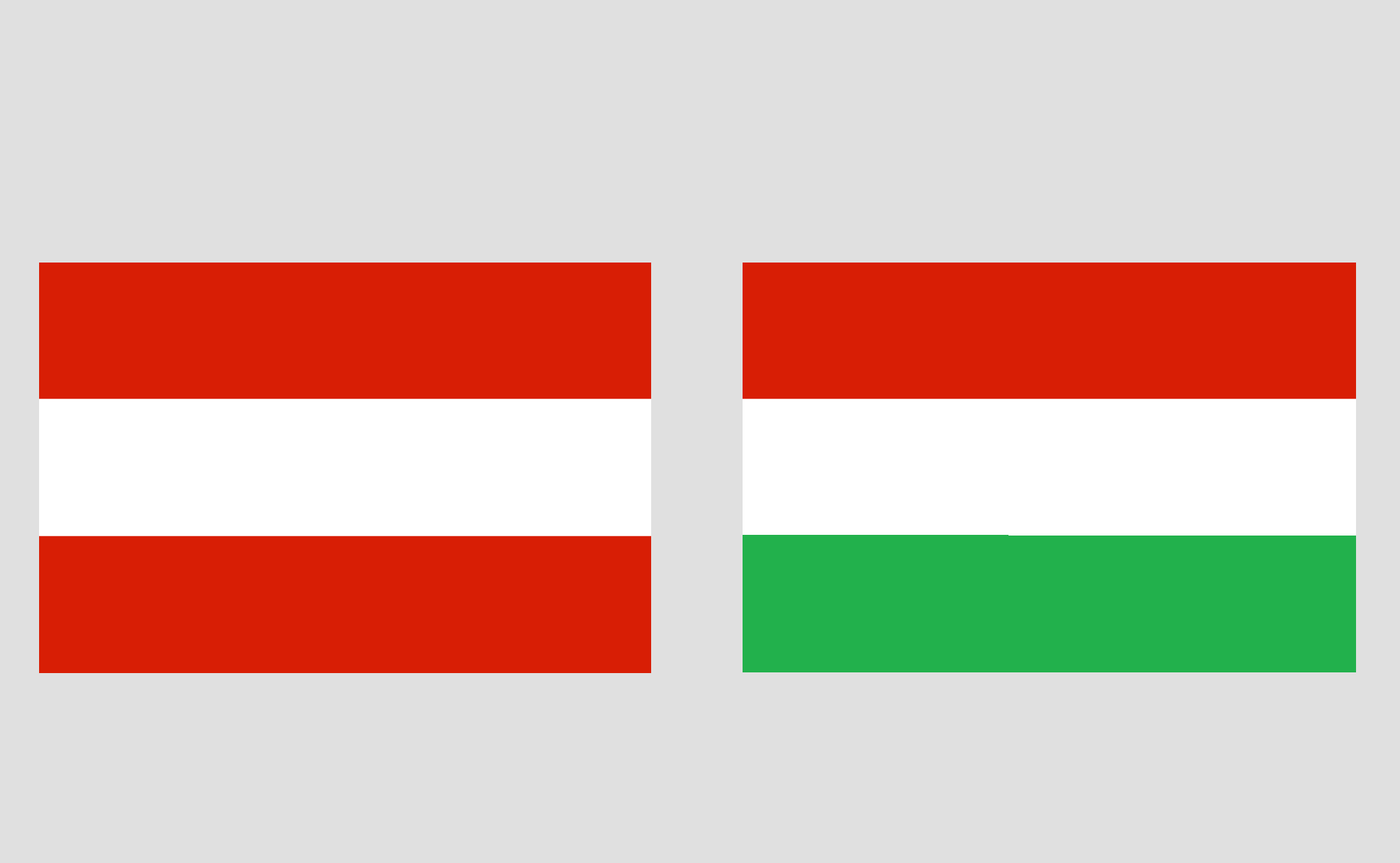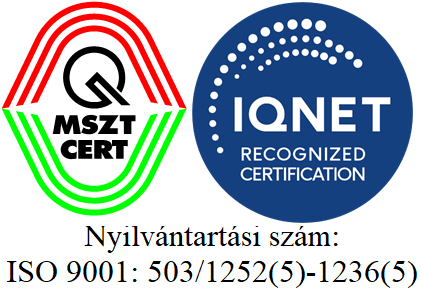Austrian-Hungarian Online Bilateral Meeting
2021.04.29

Due to the pandemic, the 26th Austrian-Hungarian bilateral meeting, postponed to 27 April 2021 instead of the autumn of 2020, was held in an unusual way, online, organized by the Austrian side. Instead of presenting them at the bilateral talks, the parties sent each other their presentations prior to the meeting. At the bilateral event, only questions, remarks and answers related to these were made.
During the discussion with the participation of about forty Austrian and Hungarian experts, as well as in the presentations sent in advance, the most important changes, results and developments of the period since the previous meeting were discussed. As in previous bilateral expert talks, topics included changes in legislation, major developments at the Paks Nuclear Power Plant, the assessment of the construction licence application of the new units, emergency preparedness, radiation protection, radioactive waste management, the results of the EU topical peer review about the aging management of nuclear facilities and, as a new element, the effects of and protection against the COVID-19 pandemic.
At the bilateral meeting, the head of the Hungarian delegation was Mr Szabolcs Hullán, Deputy Director General of the Hungarian Atomic Energy Authority. In addition to the HAEA delegates, the online meeting was attended by representatives of the Ministry for Innovation and Technology, the Minister without Portfolio responsible for the planning, construction and commissioning of the two new units of the Paks Nuclear Power Plant, MVM Paks NPP, Paks II. Ltd., PURAM, the National Public Health Centre, the National Food Chain Safety Office and the National Directorate General for Disaster Management.
Besides the representatives of local governments in Austria, the Austrian delegation, led by Mr Ronald Sturm, Unit Head of the Federal Ministry for Europe, Integration and Foreign Affairs, was attended by representatives of ministries, the Institute of Safety and Risk Sciences and an expert from the Environment Agency.
Probably due to the unusual form, namely the possibility to study the presentations in advance, slightly more questions were asked on both sides than usual, which the participants of the online meeting mutually answered.
The bilateral meeting, originally scheduled for two days and characterized by the openness of the participants, transparency, sincere dialogue, and pleasant atmosphere, was successfully organized by the Austrian side and concluded in one day.
The next bilateral meeting will hopefully take place in person at a later agreed date.



 ©HAEA - All rights reserved
©HAEA - All rights reserved